Self-forgiveness occurs when we acknowledge our wrongdoing, experience remorse and treat ourselves with self-compassion.

an online kidney care resource
an online kidney care resource

Self-forgiveness occurs when we acknowledge our wrongdoing, experience remorse and treat ourselves with self-compassion.

Plantains are great sources of energy, fiber, minerals, and vitamins. But they are rich in potassium and may require some planning to fit it into your diet.
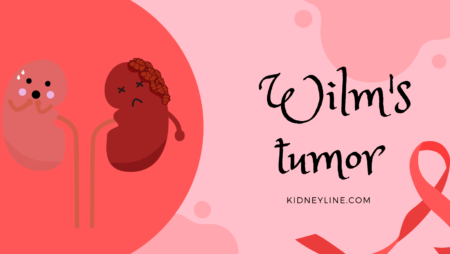
Wilm’s tumor is a kidney cancer that predominantly affects children. Most kids with Wilm’s tumor are less than 5 years old

Dealing with CKD alone is tough and having people support you can make you feel less stressed. Learn how to tell your loved ones you have CKD in this article.
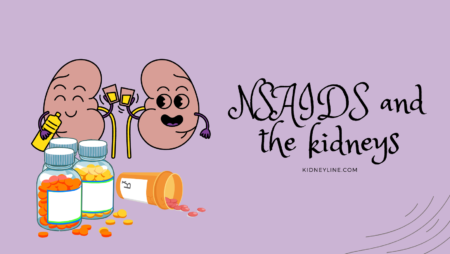
NSAIDS are common medications used to treat fever, body aches and pains, arthritis, headaches, and painful menstruation. They can cause kidney injury
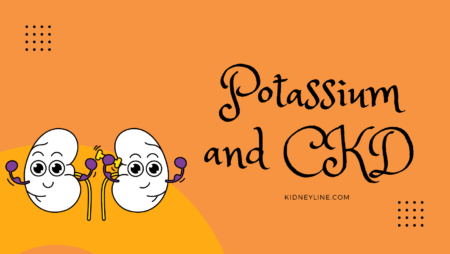
The kidneys play a crucial role in maintaining the right amount of potassium in the blood. Here is what you need to know about potassium and CKD.
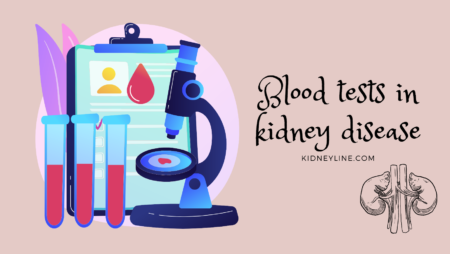
Blood tests in CKD are essential. They are used to detect CKD, check for complications and monitor the progression of the disease.
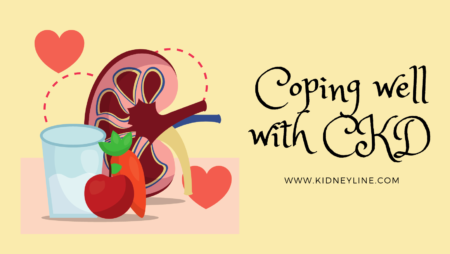
Getting a diagnosis of CKD is distressful for many people. They find it challenging to cope with chronic kidney disease. Here are some strategies that can help
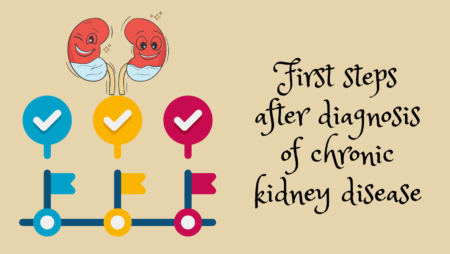
Many people with chronic kidney disease get overwhelmed when they receive a diagnosis. Here are some first steps after a diagnosis of chronic kidney disease

Precisely how sleep disorders affect the kidneys is unknown, but several mechanisms are proposed about the role of sleep in kidney health.